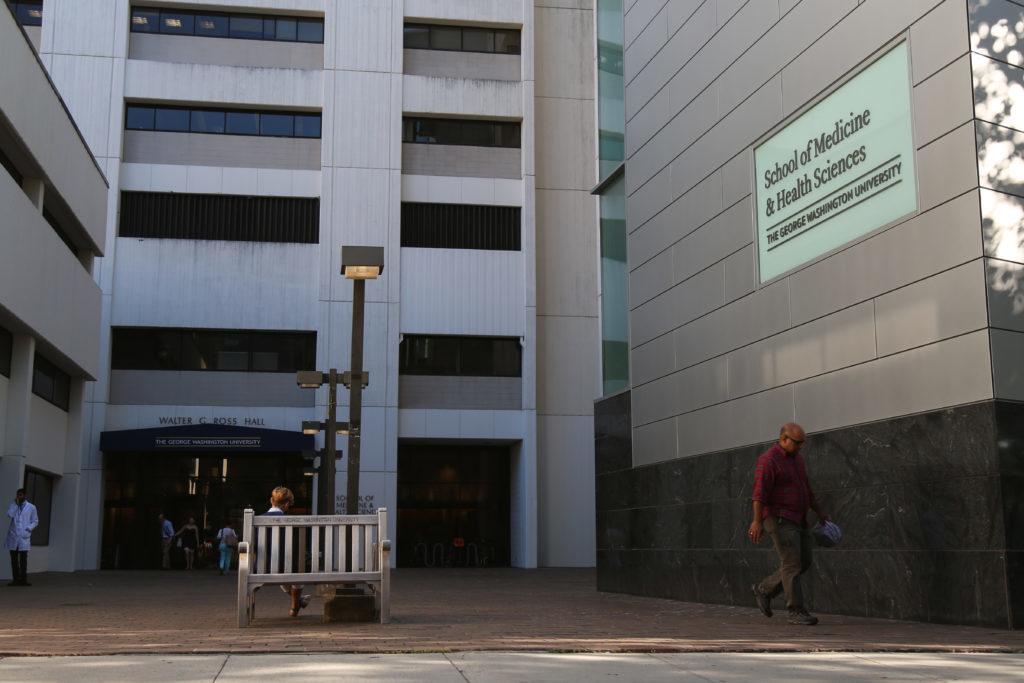Doctors who acknowledge family members’ emotions are more likely to elicit important patient information from them, researchers from the School of Medicine and Health Sciences’ Department of Pediatrics found.
Tessie October, an assistant professor of pediatrics, led a study that recorded interactions between 30 physicians, 179 family members and 68 patients in pediatric intensive care units using auto-recorded conferences. The study, published Friday, found that family members usually shared more information with their physician when they were treated with empathy and allowed time to respond to empathetic statements.
The researchers found that doctors responded to family members’ concerns with empathy in about three-quarters of all interactions and missed the opportunity to respond in the remaining 26 percent.
October and her team categorized each physician’s empathetic remarks using the acronym “NURSE,” which stands for naming, understanding, respecting, supporting and exploring. After categorizing the statements, the team coded the remarks as either “unburied” or “buried” – the former meaning the physician left the family member time to respond, and the latter meaning the opposite.
Family members’ responses were also categorized as “emotion,” “medical talk” or “no response.” Just 3 percent of all empathetic interactions were met with no response from family members, according to the study.
Of the roughly 75 percent of instances in which physicians responded to emotional statements, “understanding” was the most frequently recorded response. Physicians’ empathetic responses were also more likely to be unburied than buried, which typically elicited more information from family members, according to the study.
Researchers also noted that physicians usually buried empathetic statements with “complex medical talk” or used “but” to turn the conversation more technical, according to the study.





